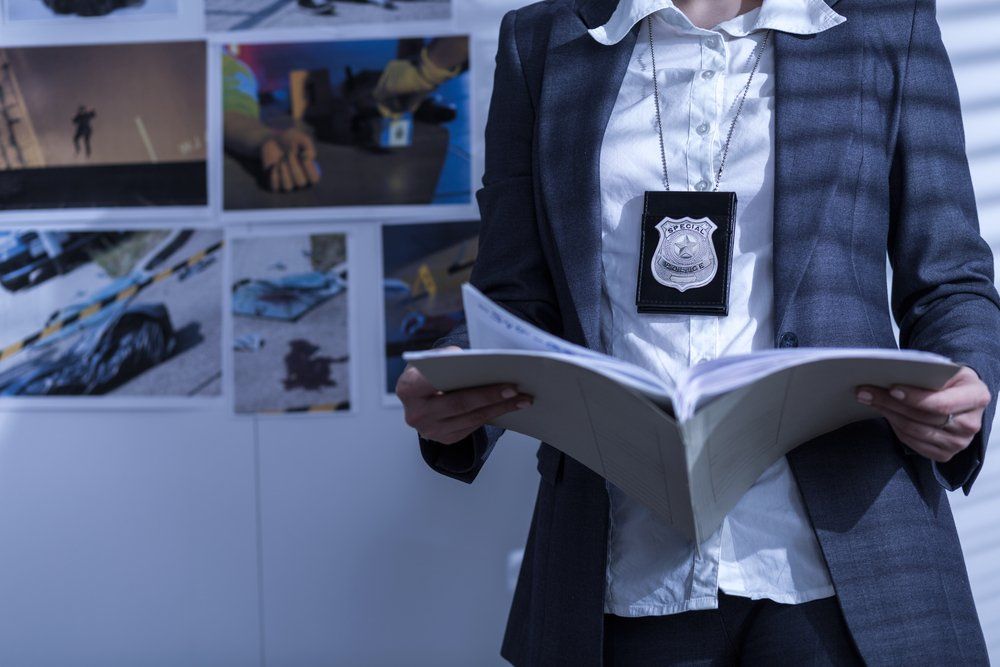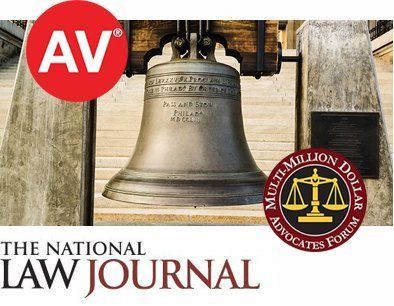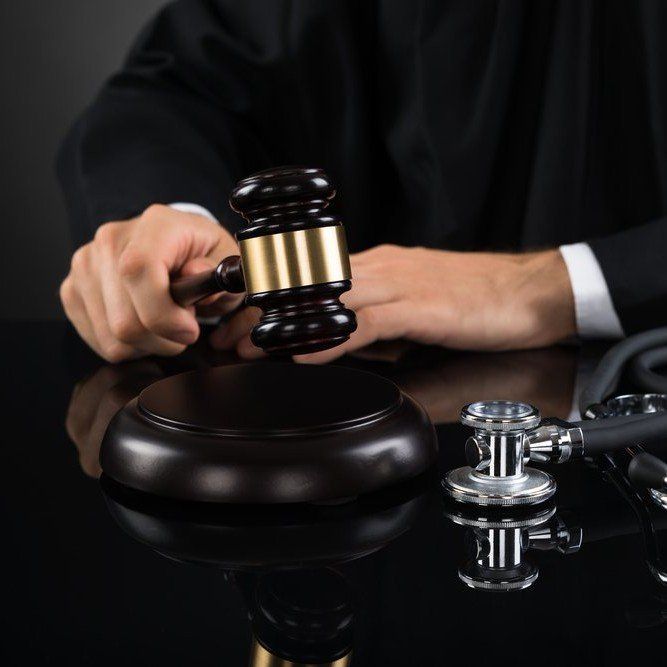When you are in an auto accident, many thoughts are fighting for your attention. From getting medical treatment, filing insurance claims and fielding calls from concerned family and friends. It’s quite easy to overlook a vital component that can make or break your car insurance claim and compel you to appease with a low settlement.
It’s the police accident report filed at the spot of an accident by a responding officer. This report is a mandatory part of the claim papers you submit for recovering damages. Without the report, getting fair compensation for your injuries or vehicle damage can be a tough task. An experienced auto accident attorney or personal injury lawyer can advise you about the process of obtaining a police report and other documents required for filing a strong claim.
The police report contains important information about the accident and can be used as evidence for refuting claims made by other driver or support your claims in court. The reporting officer will typically note things like names and contact numbers of the other parties involved in the accident; an eyewitness account of the accident, if any; description of vehicle condition; and the officer’s observations about the accident and culpable party.
The Process of Obtaining a Police Report
Obtaining a police report is a simple process but may require persistent efforts from your side. The process might require you to do regular follow up with responding police officer, police department or local courthouse clerk. But the effort is worthwhile as the report is a critical element that will ensure you get a just compensation for your injuries.
Below are steps to obtain a police report:
- Contact the officer who responded to your accident or filed your accident report. The number should be listed on his business card or with the nearest police station.
- Talk to the officer and help him recollect your accident. Explain why you called and request him for issuing you the police report. If you are unable to reach the officer, leave a voice message requesting him to call you back. Don’t forget to give a callback number and convenient time. You might have to go to the police station to collect the report in person. A nominal fee may have to be paid in cash.
- If the officer doesn’t have access to your report, you might have to approach the local courthouse clerk or the receptionist of the police department, to find out which department has your report on file. Accordingly, you might have to go there and collect your report.
- Contact your insurance company or that of the other driver to get a copy of the report if you are not able to get it from the courthouse or police department.
- The last resort if all else fails is to contact your local DMV office for the report. A copy of all police reports is usually submitted there by the responding officers.
What Next?
Once you obtain the police report, review it thoroughly before filing your claim. Better still, hire a car accident attorney or personal injury attorney to help you in the task. He will be able to create a convincing claim case and get you the compensatory damages you rightly deserve.
Get a free consultation with a personal injury lawyer today at the
Law Offices of Alvin de Levie
by calling
844-777-2529
and get all your questions about a car accident claim answered.






























